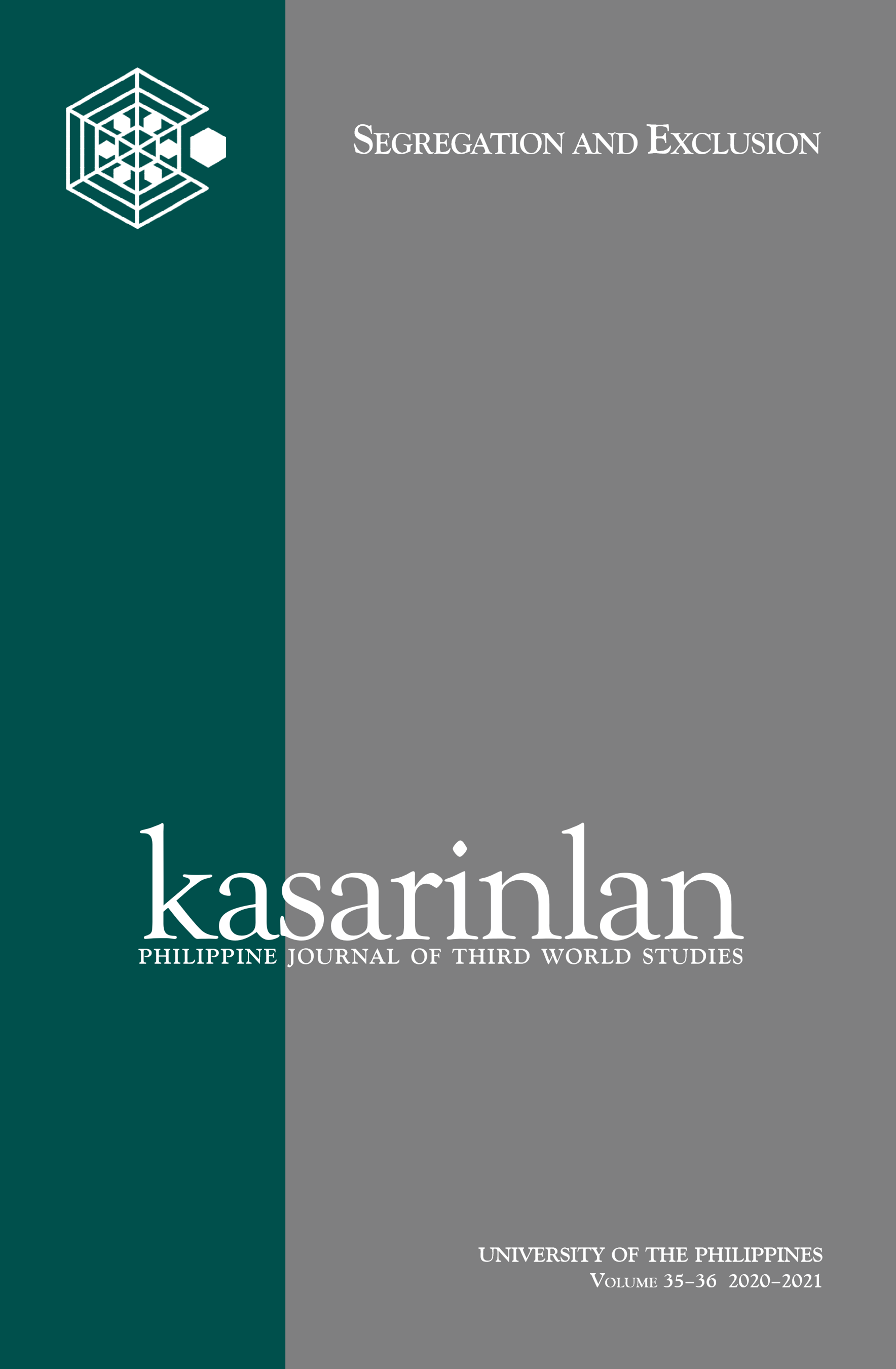The Political Economy of LGBTQ Tourism in Thailand
Abstract
For several decades, Thailand has been described as an “LGBTQ paradise” by various travel magazines, and Bangkok is often referred to as the “gay capital of Asia.” However, LGBTQ tourism was not directly targeted by the Thai government until 2013. Over the past decade, the LGBTQ consumer market has grown steadily to the point where it is considered the fastest-growing market in the world, especially in the tourism industry. As a result, many destinations, such as Thailand, are now adopting policies to promote their destination, specifically to LGBTQ tourists. This article explores the political economy of LGBTQ tourism in Thailand, emphasizing how LGBTQ tourism policies between 1980 and 2020 were defined by the existing structures of power and were used to reinforce them. Specifically, we argue that the development of LGBTQ tourism in Thailand is used by those in power for political and/or economic ends. Since the local LGBTQ community’s well-being is not an essential element of LGBTQ tourism, its promotion has not been accompanied by policies that benefit them. Furthermore, as LGBTQ tourists have high purchasing power, the Tourism Authority of Thailand has specifically promoted luxury tourism, thus encouraging the construction of high-end development projects consisting of luxury hotels, condominiums, and shopping malls. Such luxury projects, however, have led to an increased concentration of profits in the hands of the elite, to the detriment of small-scale, locally-owned LGBTQ businesses.



